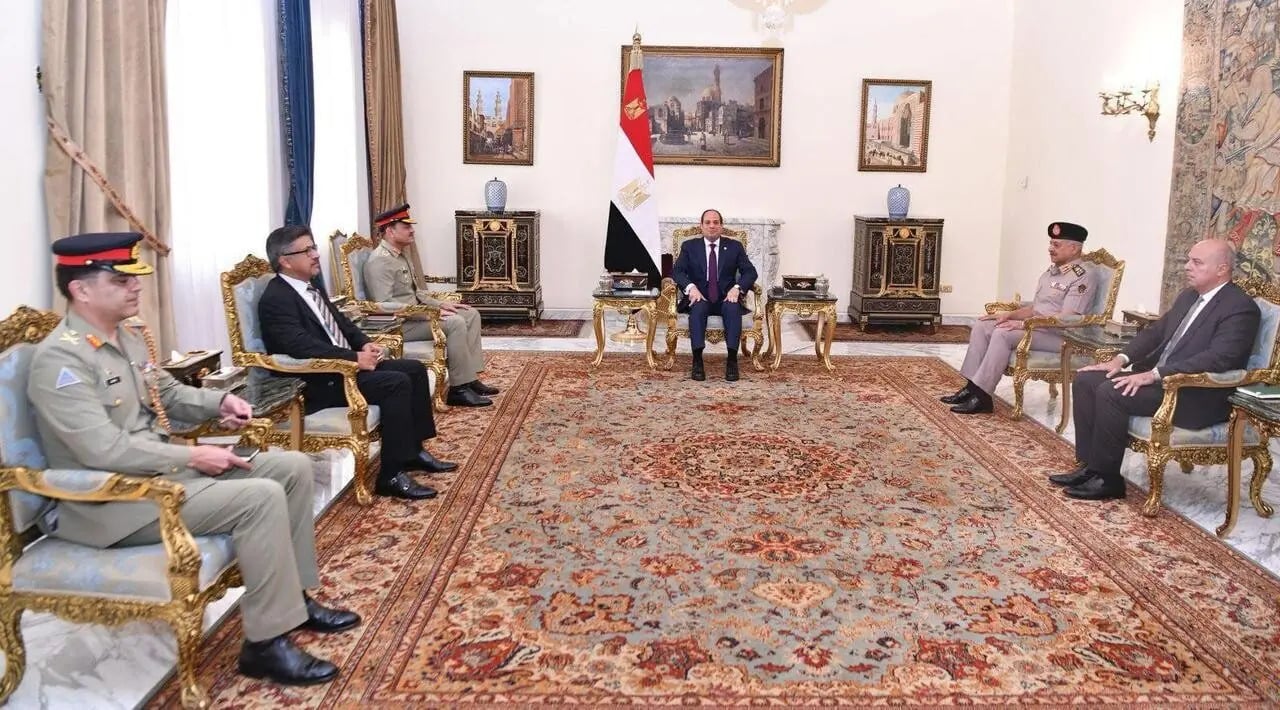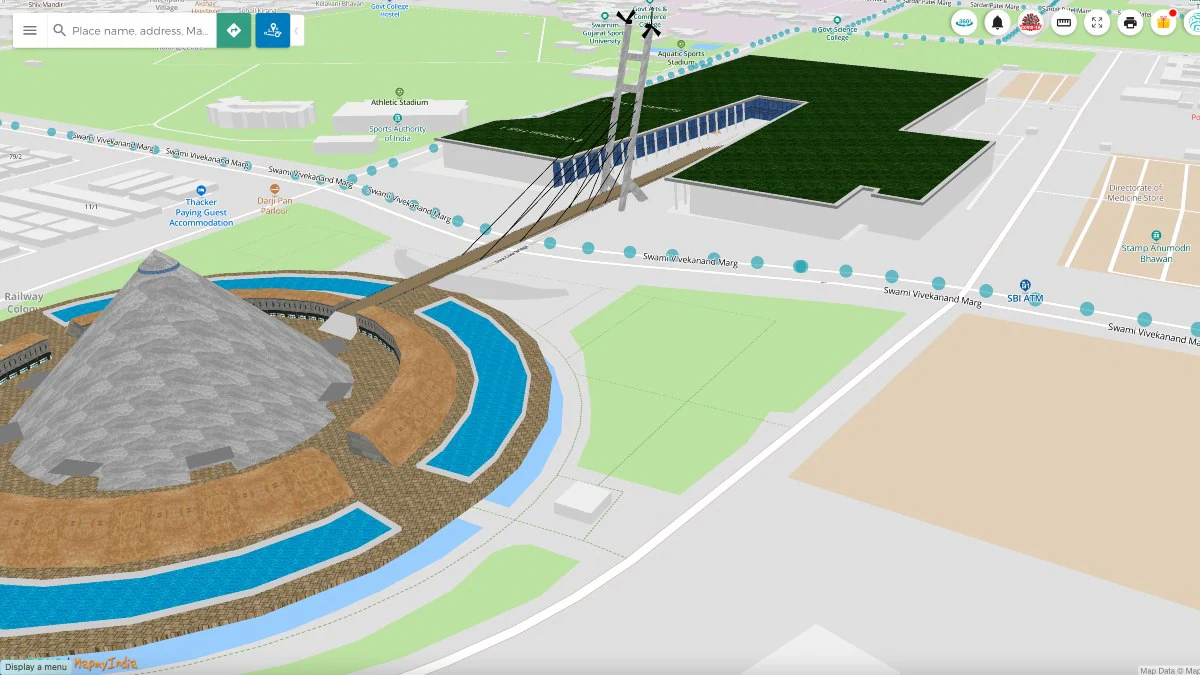Copyright dailytimes

Chief of Army Staff (COAS) Field Marshal Syed Asim Munir met Egyptian President Abdel Fattah el-Sisi at the Itihadia Presidential Palace in Cairo on Saturday. The meeting was part of the COAS’s official visit to Egypt, aimed at enhancing military, economic, and diplomatic cooperation between the two countries. Senior Egyptian officials and Pakistan’s envoy to Egypt were also present during the talks. According to the Inter-Services Public Relations (ISPR), both leaders discussed ways to strengthen bilateral relations and reaffirmed the time-tested friendship between Pakistan and Egypt. They exchanged views on key regional developments, ongoing conflicts in the Middle East, and efforts to promote lasting peace and security in the Muslim world. Read more: Army Chief visits Egypt to strengthen defence and religious COAS Asim Munir praised President el-Sisi’s leadership and Egypt’s crucial role in maintaining regional peace, especially amid rising tensions in the Middle East. He highlighted Pakistan’s consistent commitment to unity among Muslim nations and its proactive role in promoting global stability. In response, President el-Sisi lauded Pakistan’s efforts in counterterrorism, humanitarian initiatives, and peace diplomacy at international forums. Both sides emphasized the need for stronger cooperation in defense production, intelligence sharing, technology transfer, and socio-economic projects. They also agreed to enhance trade and investment ties, with a focus on agriculture, energy, and infrastructure development. The leaders underscored that mutual collaboration would not only benefit both nations but also contribute to broader regional prosperity. Read more: Shehbaz Sharif Applauds Military for Crushing Afghan Threat The meeting concluded on an optimistic note, with both leaders expressing confidence in the future of Pakistan-Egypt relations. They agreed to maintain regular high-level exchanges and institutional dialogue to further consolidate their partnership in security, economic, and cultural domains.



